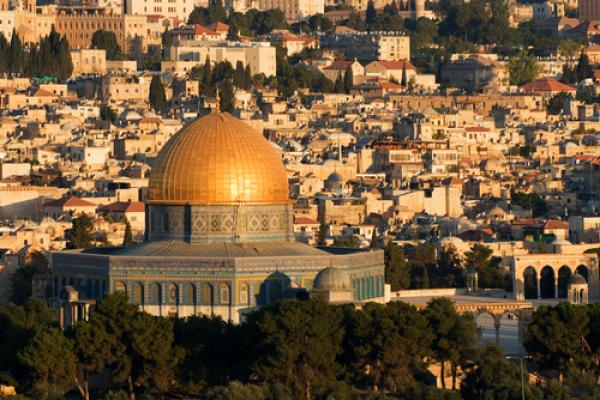Jul 29, 2013
As Israeli and Palestinian negotiators prepare for preliminary talks in Washington today, the future of Jerusalem — holy to three faiths — looms as the thorniest and most difficult issue to resolve.
The State Department announced Sunday that the two sides had accepted invitations from Secretary of State John Kerry to come to Washington “to formally resume direct final status negotiations.” The department said two days of initial meetings will begin this evening.
The announcement came shortly after Israeli Prime Minister Benjamin Netanyahu’s Cabinet approved the release of 104 Palestinian prisoners, a key part of the Kerry-brokered deal.
Read the Full Article

Already a subscriber? Login
